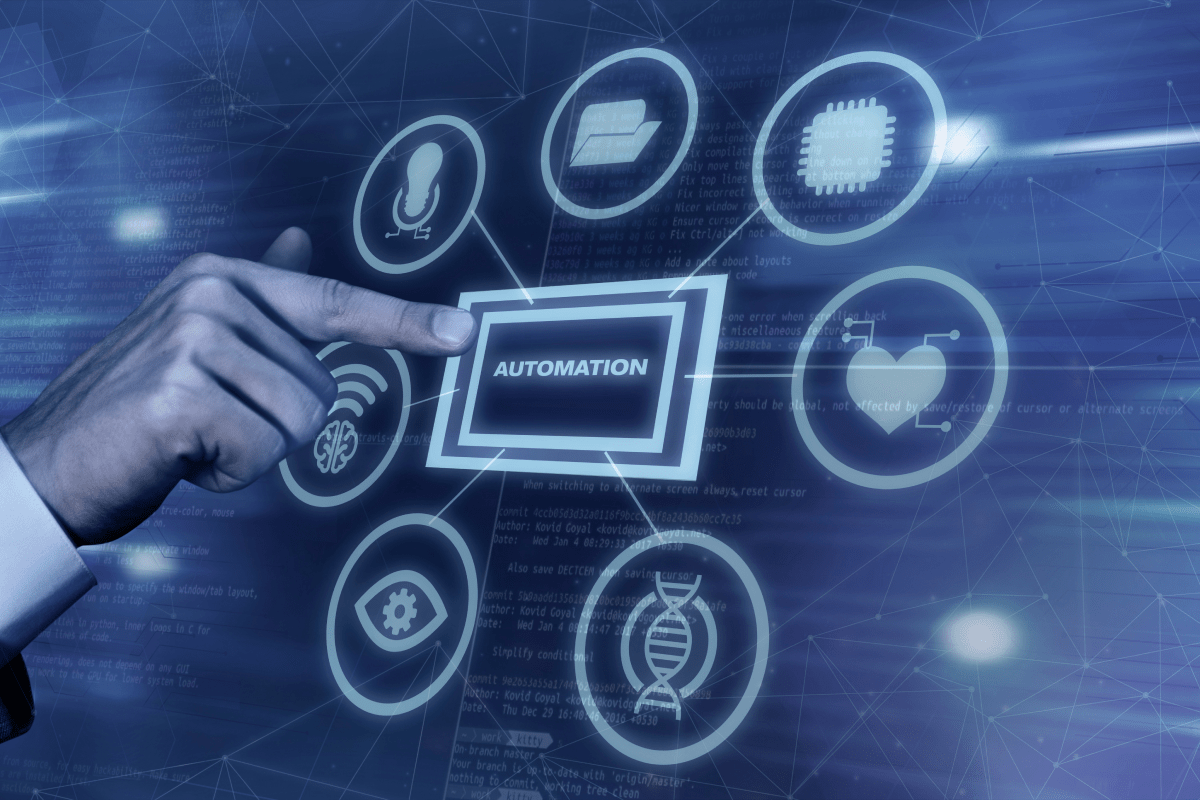In the dynamic landscape of digital marketing, businesses are constantly seeking innovative ways to connect with their audience. One such strategy that has gained significant traction in recent years is personalization. The role of digital marketing has evolved to include the ability to tailor content, products, and experiences to individual preferences, revolutionizing the way brands interact with consumers. In this blog post, we will delve into the profound impact of personalization in digital marketing, exploring its key elements, benefits, and strategies.
Understanding the Role of Digital Marketing in Personalization
Personalization in digital marketing involves the use of data and technology to customize marketing efforts for individual users. It goes beyond simply addressing customers by their names; it encompasses delivering content, recommendations, and experiences that resonate with each individual’s preferences and behaviors.
Key Elements of Personalization in the Role of Digital Marketing
Data Collection and Analysis
The foundation of personalization lies in data. By collecting and analyzing user data, businesses gain insights into consumer behavior, preferences, and purchasing patterns. This data-driven approach allows marketers to create more accurate buyer personas and tailor their strategies accordingly.
Behavioral Tracking
Tracking user behavior across digital channels provides valuable information about how individuals interact with a brand. From website visits to social media engagement, understanding these behaviors enables marketers to deliver personalized content at the right time and through the right channels.
Personalized Content
Content is at the core of any successful marketing strategy. Personalized content involves creating messages that speak directly to the interests and needs of individual users. This can range from personalized email campaigns and product recommendations to dynamically changing website content based on user preferences.
Benefits of Personalization in the Role of Digital Marketing
Improved Customer Experience
Personalization enhances the overall customer experience by providing relevant and valuable content. When users feel that a brand understands their needs, they are more likely to engage and convert. This positive interaction contributes to building long-term customer relationships.
Increased Engagement and Conversion Rates
Tailoring marketing messages to individual preferences increases the likelihood of user engagement. Whether through personalized emails or targeted advertisements, consumers are more likely to respond positively to content that aligns with their interests. Consequently, this leads to higher conversion rates.
Enhanced Brand Loyalty
Personalization fosters a sense of connection between the brand and the consumer. When individuals feel seen and valued, they are more likely to remain loyal customers. Loyalty is not just about repeat purchases but also about advocating for the brand, contributing to organic growth through word-of-mouth marketing.
Optimized Marketing Spend
By delivering personalized content to specific target audiences, businesses can optimize their marketing spend. Rather than casting a wide net and hoping for the best, personalized marketing ensures that resources are directed towards individuals who are more likely to convert, resulting in a more efficient use of budget.
Strategies for Effective Personalization in the Role of Digital Marketing
Segmentation
Divide your audience into segments based on demographics, behavior, or preferences. This allows for more targeted and relevant communication. For example, an e-commerce platform might create segments for frequent shoppers, first-time buyers, or those interested in specific product categories.
AI and Machine Learning
Leverage artificial intelligence (AI) and machine learning algorithms to analyze vast amounts of data and predict user preferences. These technologies enable real-time personalization, such as dynamically changing website content based on user behavior or recommending products through algorithms.
Personalized Email Campaigns
Email marketing remains a powerful tool, and personalization can significantly enhance its effectiveness. Tailor email content based on user behavior, previous purchases, or interests. Personalized subject lines and content increase open rates and click-through rates.
Dynamic Website Content
Implement dynamic content on your website that adjusts based on user interactions. This could include personalized product recommendations, customized landing pages, or even personalized calls-to-action. The goal is to create a seamless and tailored user experience.
The Rise of Hyper-Personalization in the Role of Digital Marketing
While personalization has become a standard practice, the future holds the promise of hyper-personalization. This takes personalization to the next level by leveraging advanced technologies, such as artificial intelligence and machine learning, to create individualized experiences in real-time. The more data businesses gather and analyze, the better they can anticipate and cater to each user’s unique preferences.
Privacy Concerns and Ethical Considerations in the Role of Digital Marketing
As personalization relies heavily on user data, there is an increasing emphasis on privacy concerns and ethical considerations. Striking the right balance between personalization and user privacy is crucial. Businesses need to be transparent about their data collection practices, obtain consent, and prioritize the security of user information to build and maintain trust.
Omnichannel Personalization in the Role of Digital Marketing
The future of personalization extends beyond individual channels. Omnichannel personalization involves creating a seamless and consistent experience for users across various platforms, be it social media, email, mobile apps, or in-store interactions. This interconnected approach ensures that users receive cohesive and personalized messaging, regardless of the channel they choose to engage with.
Interactive and Immersive Experiences in the Role of Digital Marketing
Interactive and immersive experiences are gaining popularity as part of personalized marketing strategies. Augmented reality (AR), virtual reality (VR), and interactive content allow brands to create engaging and memorable experiences tailored to individual preferences. This not only enhances user engagement but also leaves a lasting impression.
Personalization in B2B Marketing
While personalization is often associated with B2C marketing, its significance in B2B marketing is growing. Understanding the unique needs and preferences of business clients, delivering targeted content, and personalizing communication are becoming integral to building strong B2B relationships. As personalization tools evolve, B2B marketers have the opportunity to enhance their strategies and create more meaningful connections with clients.
Conclusion
In conclusion, the role of digital marketing is not static; it is a dynamic and evolving landscape. The future promises even more sophisticated and individualized approaches, driven by advancements in technology, changing consumer expectations, and a continued focus on ethical considerations. Therefore, businesses that stay agile, embrace emerging technologies, and prioritize user trust will be well-positioned to capitalize on the transformative power of personalization in digital marketing.
For further reading on this topic, consider visiting Chatbot Magazine and AI Trends.
To explore more on digital marketing strategies, you might find our article on effective digital marketing tactics helpful.










